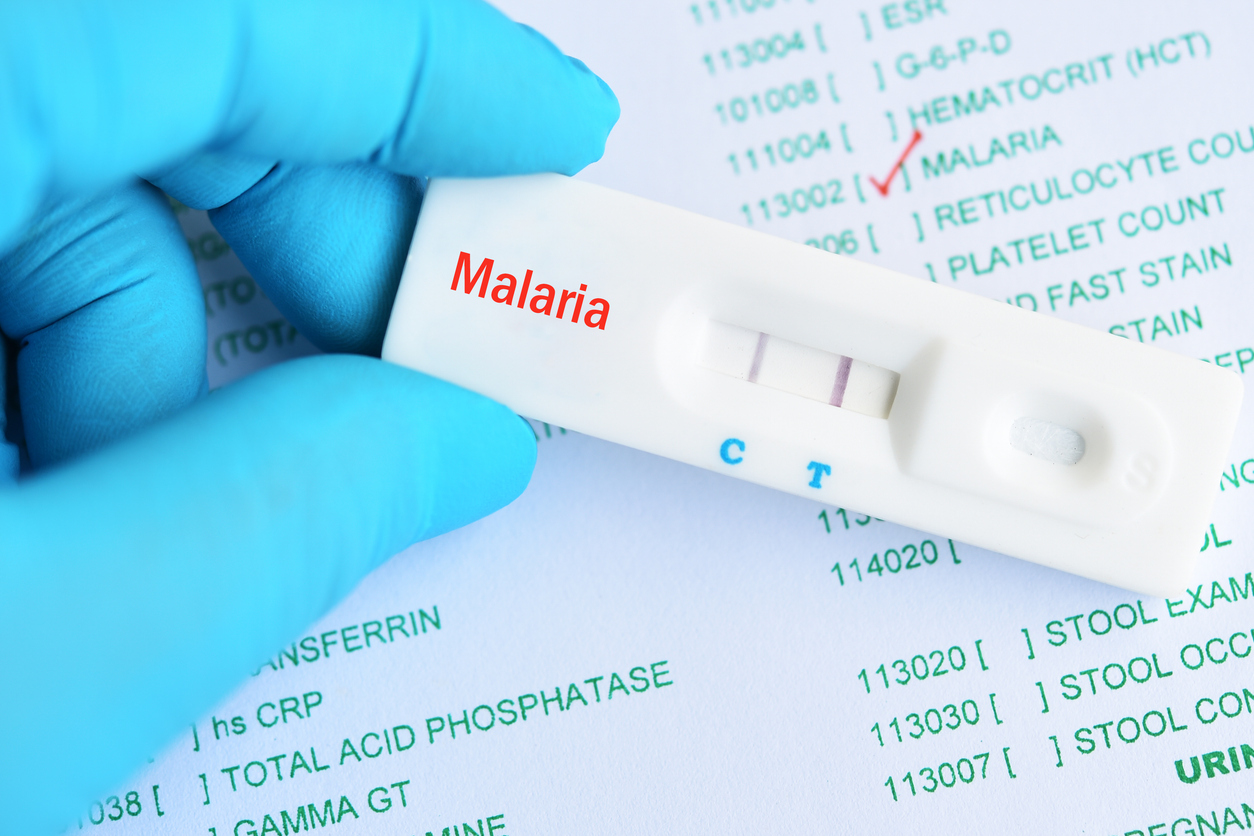2024-12-12
Chemokine MCP-1/CCL-2: A Promising Biomarker to Differentiate Severe and Non-Severe Malaria?
Infectiology
Malaria, an endemic disease affecting nearly 249
million people annually, remains a global public health priority. Given the
limitations of current diagnostic methods, the search for new effective
biomarkers to distinguish severe from non-severe cases has become critical. In
this context, MCP-1/CCL-2, a key chemokine in the inflammatory response, has
emerged as a potential candidate for disease diagnosis and severity assessment.
This study was initiated to evaluate whether MCP-1/CCL-2 could be a reliable marker for diagnosing malaria and determining its severity.
The findings showed no significant differences in MCP-1/CCL-2 levels between infected and uninfected individuals. However, a notable increase in MCP-1/CCL-2 levels was observed in patients with severe malaria. Additionally, the studies highlighted that geography and participant age significantly influenced MCP-1/CCL-2 levels; for instance, infected children exhibited higher levels than adults.
This study was initiated to evaluate whether MCP-1/CCL-2 could be a reliable marker for diagnosing malaria and determining its severity.
MCP-1/CCL-2: A Potential Marker for Malaria Diagnosis?
Thirty-three studies involving 6,804 participants, primarily from malaria-endemic regions in Africa and Asia, were selected. Blood levels of MCP-1/CCL-2 were analyzed using ELISA assays and bead-based tests.The findings showed no significant differences in MCP-1/CCL-2 levels between infected and uninfected individuals. However, a notable increase in MCP-1/CCL-2 levels was observed in patients with severe malaria. Additionally, the studies highlighted that geography and participant age significantly influenced MCP-1/CCL-2 levels; for instance, infected children exhibited higher levels than adults.
Potential and Limitations of Inflammatory Markers
While MCP-1/CCL-2 shows potential as a biomarker for severe malaria, its lack of specificity for milder forms limits its diagnostic utility. Exploring additional chemokines in combination with MCP-1/CCL-2 could enhance diagnostic accuracy. In the long term, integrating such biomarkers into rapid and accessible diagnostic tools could revolutionize detection and clinical management strategies, paving the way for improved malaria care.
Last press reviews
Cold at home: an underestimated risk

By Ana Espino | Published on December 17, 2025 | 3 min read
Dark chocolate: guilty pleasure or a renal ally?

By Ana Espino | Published on December 16, 2025 | 3 min read<br>...
A post-exercise infrared sauna session: a booster for neuromuscular recovery or just comfort?

By Lila Rouland | Published on December 15, 2025 | 3 min read<br>